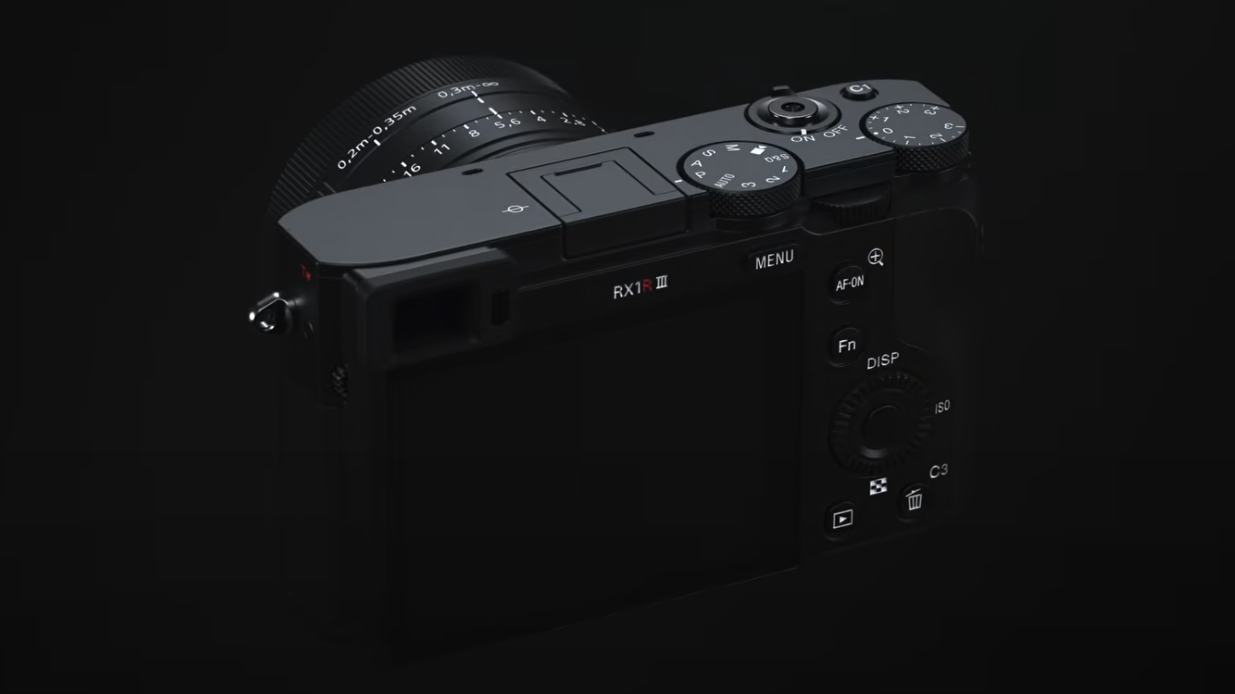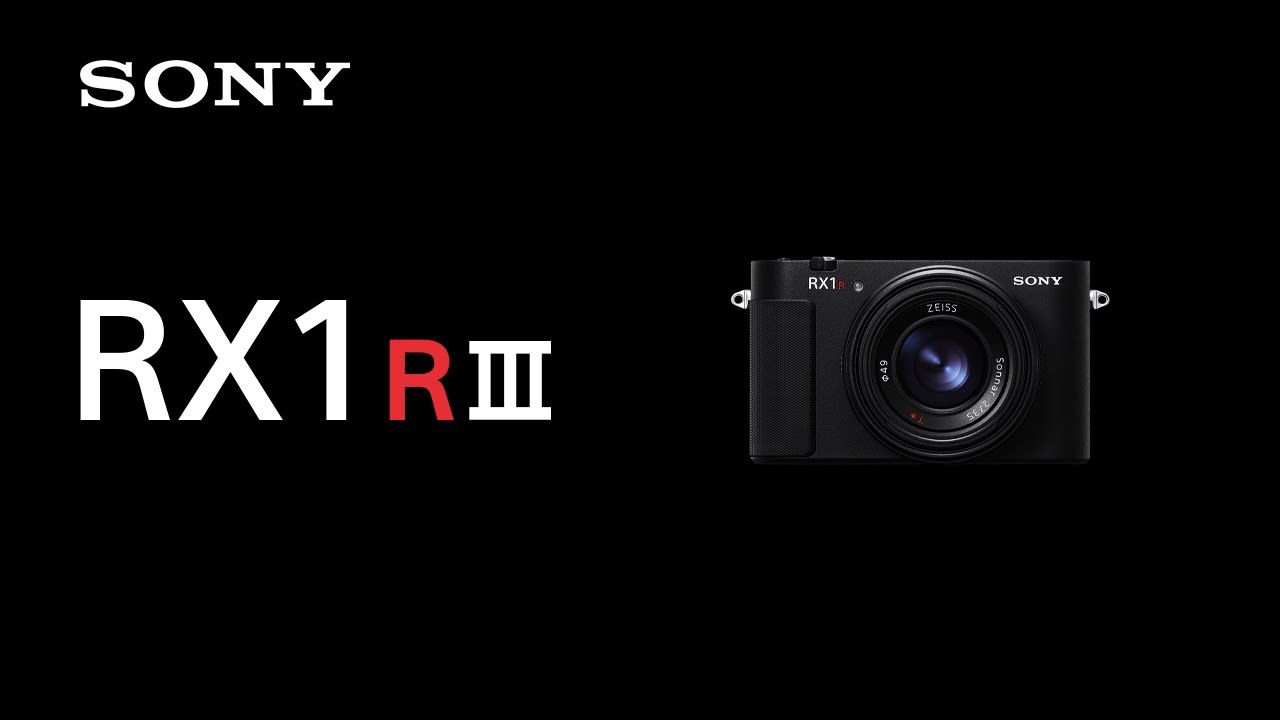- The new RX1R III has the same high-resolution 61MP sensor as the A7R V and A7C R
- Like them, it also has Sony’s latest Bionz XR processor and AI autofocus skills
- It features the same Zeiss 35mm f/2 Lens as its 10-year-old predecessor
Sony dropped a huge surprise today by unveiling the RX1R III, a third instalment in its line of high-resolution full-frame premium compact cameras.
I’m shocked because the RX1R III comes 10 years after the RX1R II, without so much of a whisper leaked, and such a lengthy gap between cameras is practically unheard of.
That said, premium compacts such as the Fujifilm X100VI have enjoyed a surge in popularity, so it’s understandable that Sony has revived the series. And it’s done so with its latest tech – this is no mere refresh of a 10-year-old model. No, the RX1R III features the same 61MP sensor, Bionz XR processor and AI processing chip for wide-ranging subject detection autofocus as the A7R V and A7C R.
Paired with Sony’s super-sharp Zeiss Sonnar T* 35mm f/2 lens – that’s the exact same optic as the one found in the RX1R II – you have what looks like the ultimate everyday camera for reportage, street, travel photography and more.
What’s more, the lens features a macro focusing mode, which shortens the minimum focus distance from 0.35m to 0.2m for a 0.26x maximum magnification – that’s some decent close focusing skills.

Watch On
Where does the Sony RX1R III sit in 2025?
Here’s the rub – the RX1R III costs $5,098 at B&H Photo (with pre-orders available – UK and Australia pricing TBC). That’s quite the price hike from the RX1R II, which was announced in October 2015 for $3,299. It’s certainly not just inflation.
That price point pitches the RX1R III against the Fujifilm GFX100RF, a little under the Leica Q3, but more than double the price of the Fujifilm X100VI.
As per the Q3 and GFX00RF, the RX1R III’s high-resolution sensor unleashes a handy digital crop mode, which mimics 50mm and 70mm lenses with 29MP and 15MP stills respectively.

I expect Sony’s latest premium compact to have the advantage over these rivals in a few areas, namely performance and autofocus skills. However, the competition is much stiffer 10 years down the line than it was for the RX1R II.
Strikes against the RX1R III include its modest battery life – just 300 shots, although USB-C charging is now possible – plus what looks like the same 2.36m-dot EVF used in Sony cameras from several years back, and a fixed touchscreen – that’s right, no tilt or flip out manouverability.
There’s also the (much cheaper) slimline Sony A7C R in the picture now – which is effectively the RX1R III but with Sony’s E-mount, meaning you can swap lenses out for added versatility.
We’re yet to get our hands on the Sony RX1R III, but we’ll be sure to do so and give it a proper test: it could become our top premium compact camera pick.
